In a significant development, the Israeli military has announced the death of Mohammad Daif, the leader of Hamas's military wing, following an airstrike in the Khan Yunis area of Gaza on July 13. This declaration came shortly after the reported killing of Hamas's political leader, Ismail Haniya, in a separate, covert attack.
Israeli Defense Minister Yoav Galant described Daif's reported death as a "significant milestone" in Israel's ongoing conflict with Hamas. Daif has been a central figure within the organization, overseeing its military operations for more than two decades. He is notorious for evading numerous Israeli assassination attempts and has been on Israel's most wanted list for several years.
Despite the Israeli military's claims, Hamas has yet to confirm Daif's death, and there has been no independent verification of the report. The uncertainty surrounding Daif's fate is compounded by his elusive nature; he has been in hiding for over two decades, and there are few known photographs of him.
Mohammad Daif, whose name means "guest" in Arabic, earned his moniker due to his frequent relocations. He was born in the early 1960s in the Khan Yunis refugee camp and joined Hamas shortly after its establishment in the late 1980s. Daif was arrested by Israeli forces during the first Palestinian intifada in 1989 but was later released.
In 2002, following the death of the previous head of Hamas's military wing, the Al Qassam Brigades, Daif took over the position. He is believed to have been the mastermind behind the construction of numerous underground tunnels in Gaza and has been accused of orchestrating several deadly attacks against Israeli civilians, including suicide bombings.
Daif's last known public communication was a voice recording released by Hamas on October 7, where he announced a major operation named 'Al Aqsa Flood.' His continued leadership and activities have made him a highly influential figure within Hamas and a key target for Israeli military actions.
As the situation develops, the implications of these reported high-profile deaths on the stability and future of the region remain uncertain. The international community is closely monitoring the fallout, particularly in light of the historical significance and potential consequences of these events in the broader Israeli-Palestinian conflict.



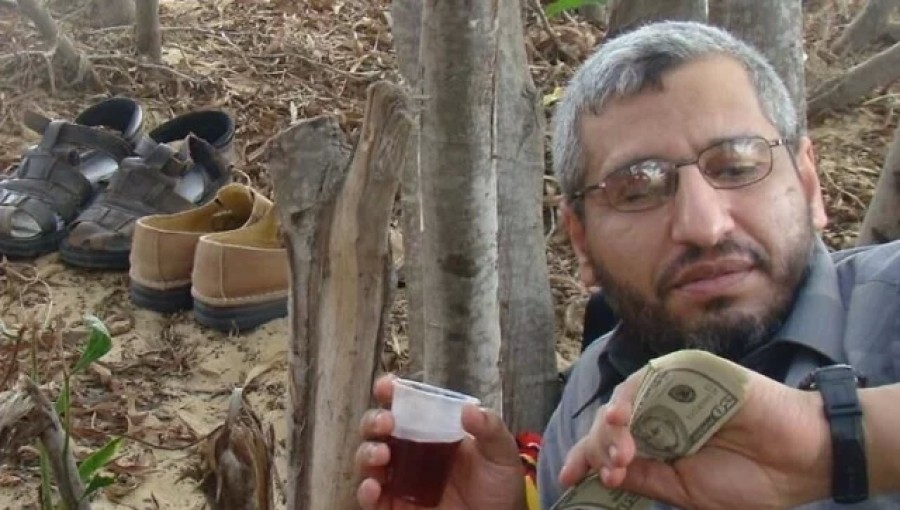
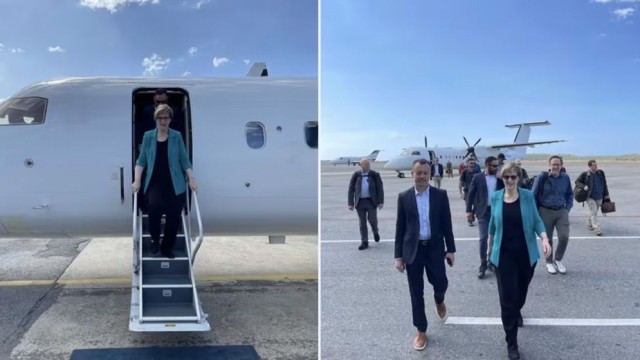
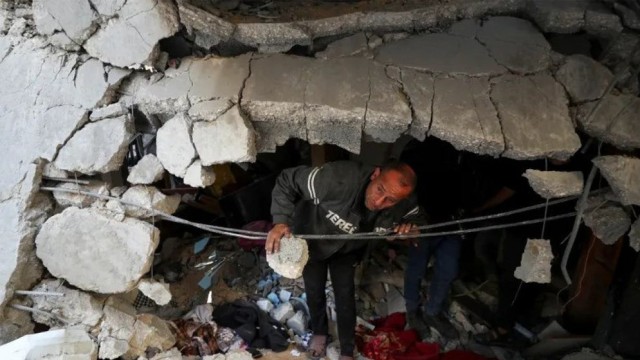
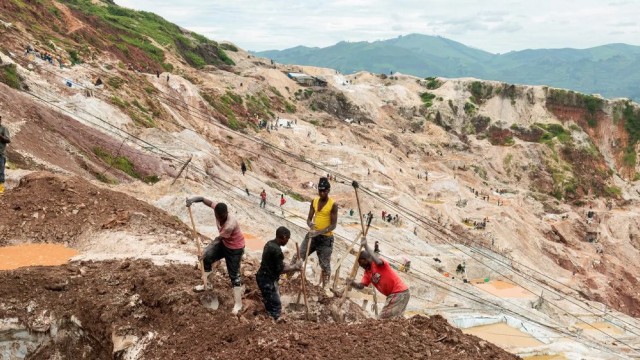
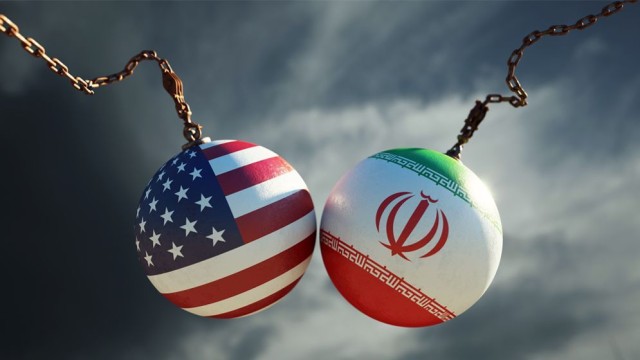
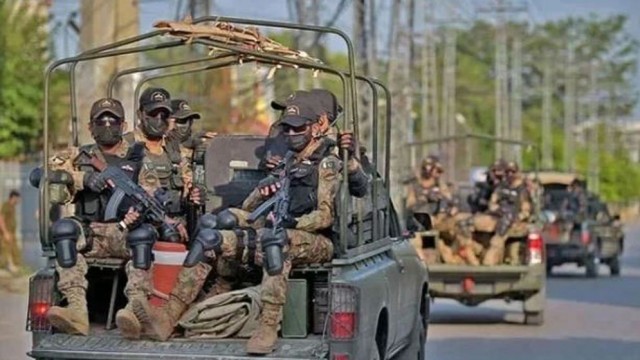
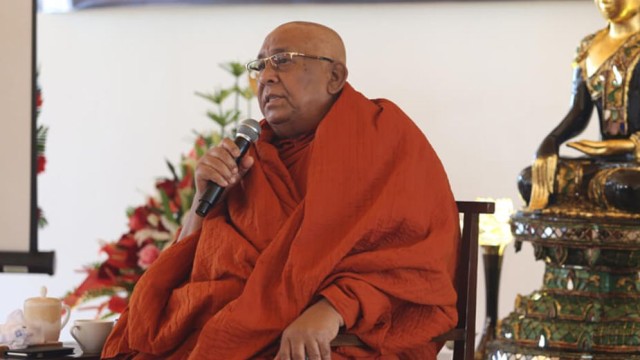
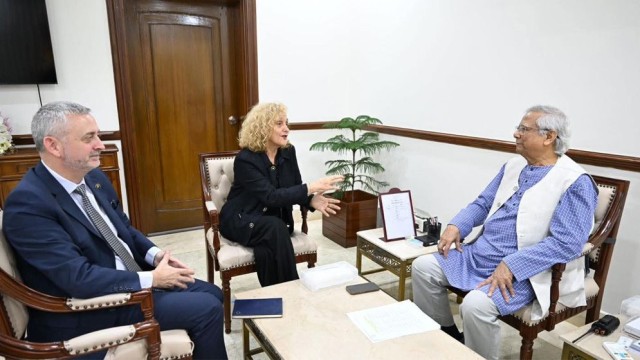

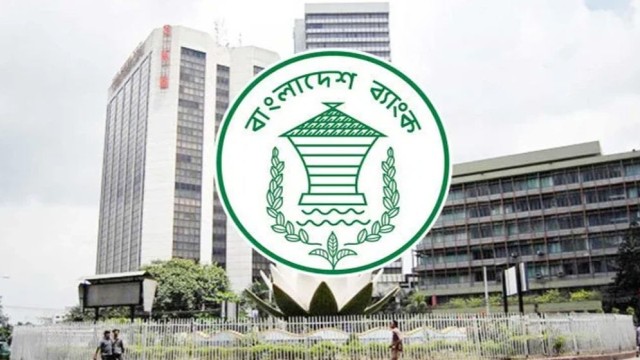
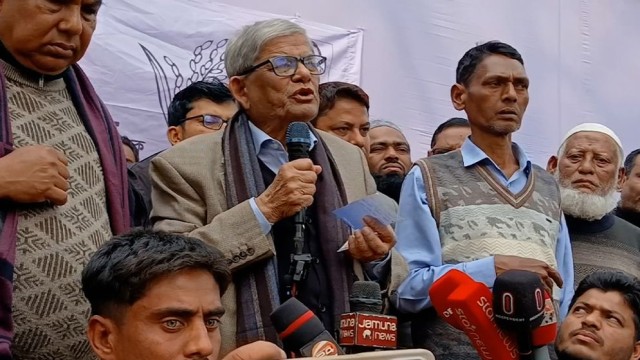

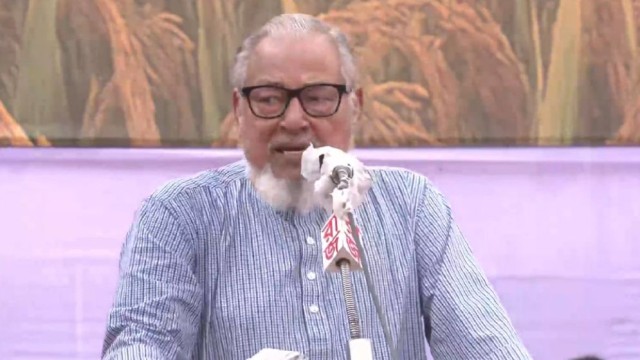

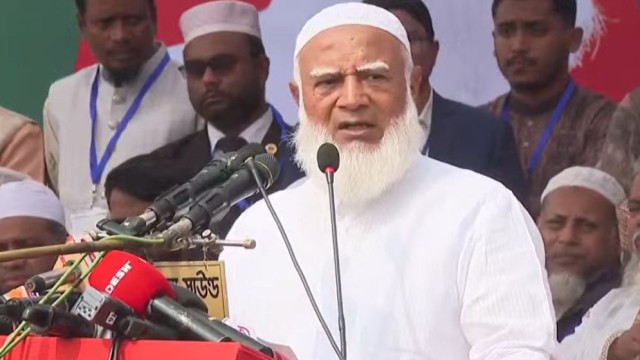

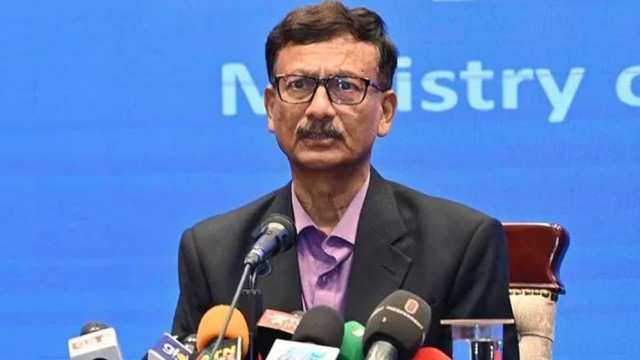


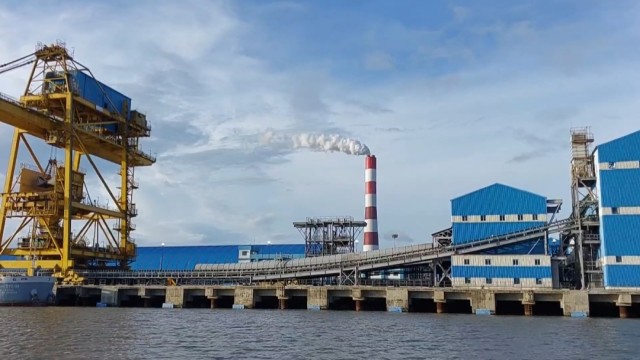

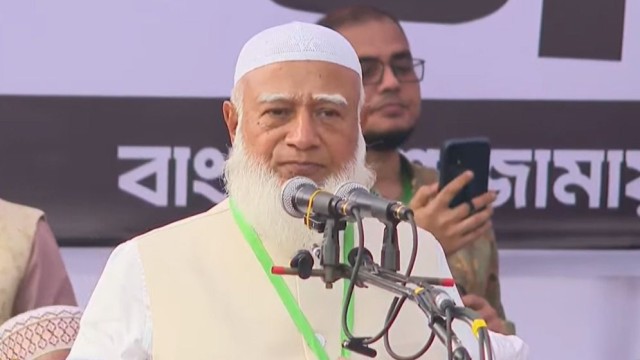
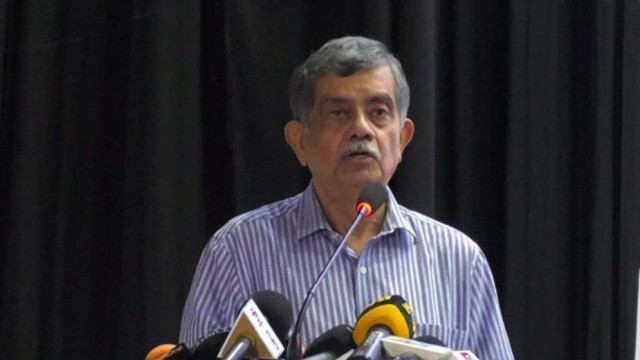
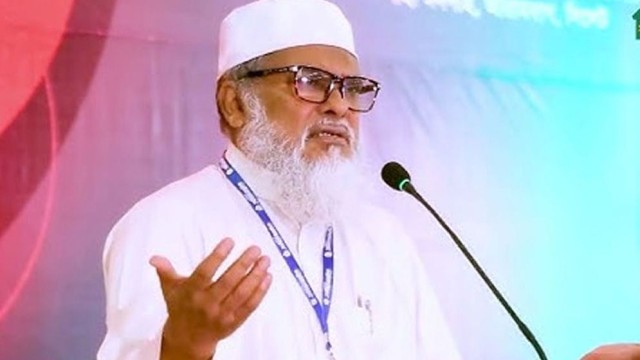

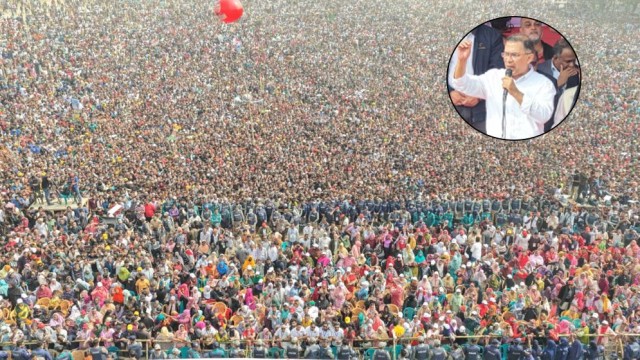
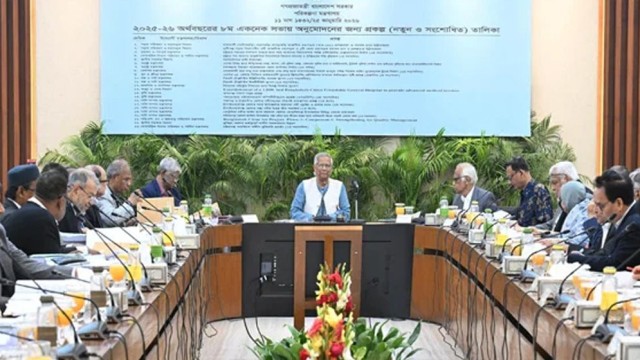
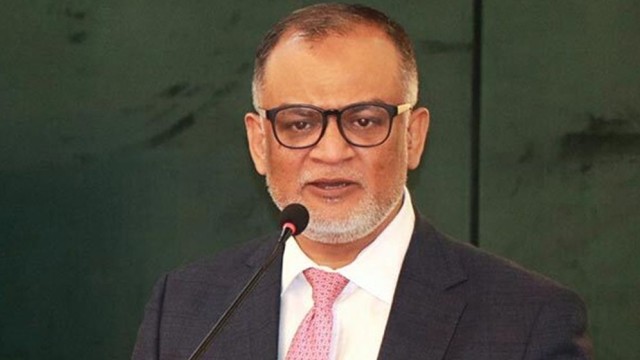
Comment: